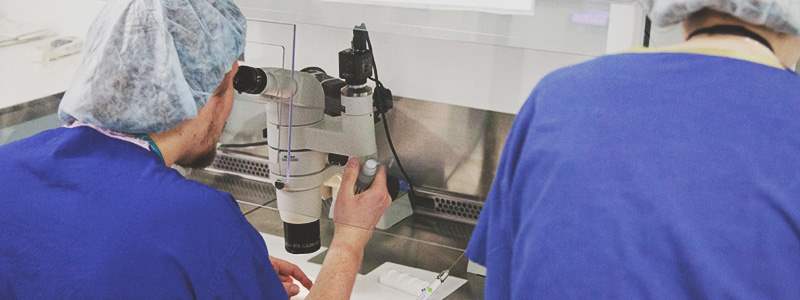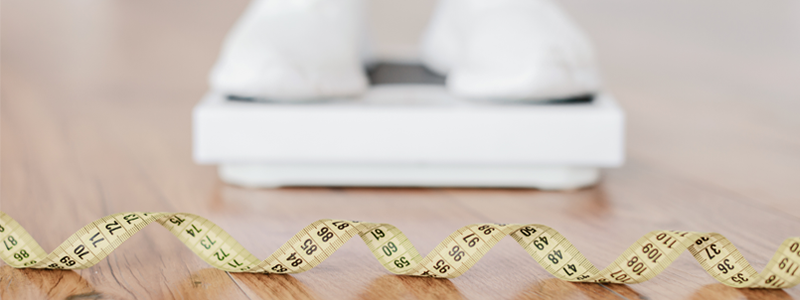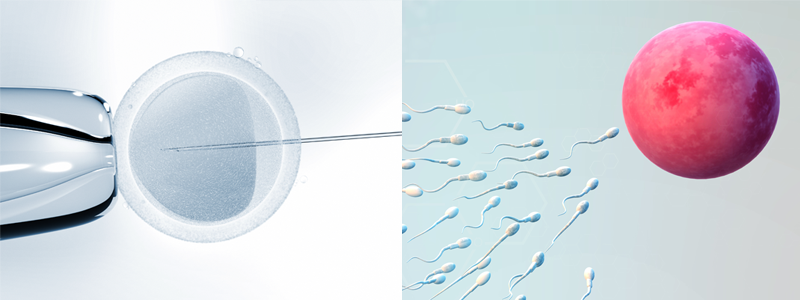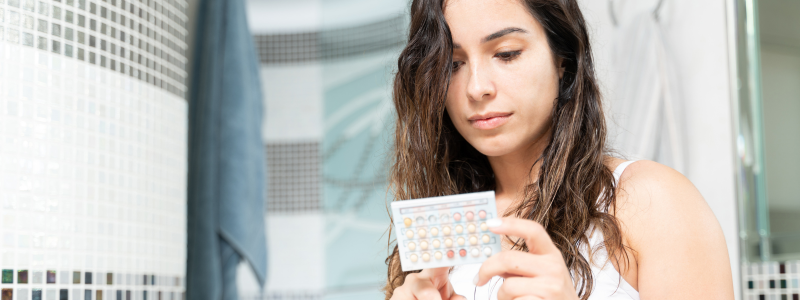What is a fertility test?
If you are having trouble getting pregnant, are planning to start a family or simply want more information about your fertility, a fertility test is very useful to assess whether you have any fertility issues that may affect your ability to conceive. Around one in six couples have difficulty conceiving, so getting an accurate diagnosis as soon as possible is key to getting the right advice and treatment.
In this blog we offer our expert guidance on the seven different types of fertility tests for females.
Tests to check your fertility status
At CREATE you can either have a female fertility test on its own, or you can have a scan and consultation in addition to the test. Our doctors will be able to advise you if you may benefit from additional tests during your consultation.
1. Female Fertility Test
If you are looking for an accurate assessment of your fertility, and guidance on increasing your chances of a natural conception, CREATE’s Female Fertility Test could be the right option for you.
Our Female MOT takes around one hour and includes a comprehensive medical history review, a BMI check and an ultrasound scan. The scan is internal and can be performed at any time during your menstrual cycle. Your results are available immediately after the scan. Your doctor will then outline your options and offer advice to help naturally improve your chances of getting pregnant.
CREATE’s Female Fertility Test costs £275.
2. The Couples Fertility Test
This includes the same checks as the Female Fertility Check ( listed above) as well as a semen analysis. The semen analysis normally takes place first, in the clinic’s dedicated sample room. Once this is complete, the female assessments are carried out, followed up by a consultation with your doctor who will explain both your results and your options. Both tests can be conducted on the same day within a 90 minute appointment slot.
NB: The semen analysis can be done either on its own or as part of a Couples Fertility Test. The semen analysis includes an evaluation of the density, morphology and mobility of sperm. If you wish to have a semen analysis you will need to abstain for 2-5 days before coming into the clinic to provide a sample. The sample is analysed in the lab by the embryology team and the results will be ready within the hour.
The semen analysis on its own costs £125. The Couples Fertility Test costs £450 in total.
3. Anti-Mullerian Hormone (AMH) (Hormone levels test blood test)
The Anti-Mullerian Hormone is a hormone that is given off by developing eggs. Measuring the levels of this in a woman’s blood enables doctors to estimate ovarian reserve and the number of years of fertility remaining.
The AMH test is a simple procedure that can be carried out at any time of the woman’s menstrual cycle and the results are not affected by taking oral contraceptives. Your results are available on the same day. If they show a low AMH level your doctor will discuss your options with you.
Our AMH test costs £105.
4. Follicle-Stimulating Hormone (FSH) (Hormone levels test blood test)
FSH is a hormone produced by the pituitary gland, a tiny organ found at the base of the brain. FSH is an important part of the reproductive system, stimulating the growth of follicles in the ovary prior to the release of an egg. Having both too much and too little FSH can cause problems with conceiving.
The FSH female fertility test is simple and straightforward and a good way of assessing if you have any infertility problems and irregular menstrual cycles, as well as diagnosing problems with the pituitary gland or diseases relating to the ovaries (Note: This test can also be carried out on men to assess testicular dysfunction or a low sperm count).
A number of factors can affect your FSH test, such as what stage you are at in your menstrual cycle, the type of contraception you are using and some existing medical disorders such as ovarian cysts. CREATE staff are more than happy to discuss this and any other concerns you may have.
Diagnostic tests

5. Fertility Consultation and Scan
At CREATE we know that every individual is different so we take the time to conduct a thorough Initial Consultation and Scan to give you the best chance possible of having a healthy baby. The consultation is performed by one of our highly experienced doctors and includes a full medical history review and an advanced ultrasound scan. Your scan results are available straight away.
Your doctor will explain your results, review your options and put together a personalised treatment plan. We don’t have a waiting list so you can start your plan just as soon as you are ready.
6. Hysteroscopy
Hysteroscopy is a method of directly visualising the inside of the uterine (womb) cavity by using a thin telescopic camera. At CREATE Fertility, this method of diagnosis is performance only by our highly skilled Consultants.
Hysteroscopy is a good way of investigating issues you may have with infertility, recurrent miscarriage or heavy and irregular bleeding. It can also be used to look for conditions such as fibroids, polyps, scarring and scarring inside the uterus lining.
The 15-30 min can be performed with or without sedation, as you prefer. Ideally you should take the day off work, particularly if you opt for sedation. You’ll have time after the procedure to rest and may experience some low-level discomfort similar to menstrual cramps for a day or so after. Your doctor will guide you through your results and supply you with a written report.
7. HyCoSy (Hysterosalpingo-contrast-sonography)
HyCoSy is one of the most common female fertility tests and is used to assess the patency of the fallopian tubes using advanced ultrasound. The procedure is an effective way for women to identify any issues with blocked fallopian tubes - a common cause of infertility. HyCoSy can also help identify problems with the uterus and ovaries.
The procedure takes around half an hour, during which you may feel some slight discomfort, similar to period pain. If you are considering intrauterine insemination, a HyCoSy is recommended to ensure the sperm will be able to meet the egg.
If you would like to find out more about any of these female fertility tests, or wish to book an appointment for yourself and/or partner, please get in contact with the CREATE team today.





